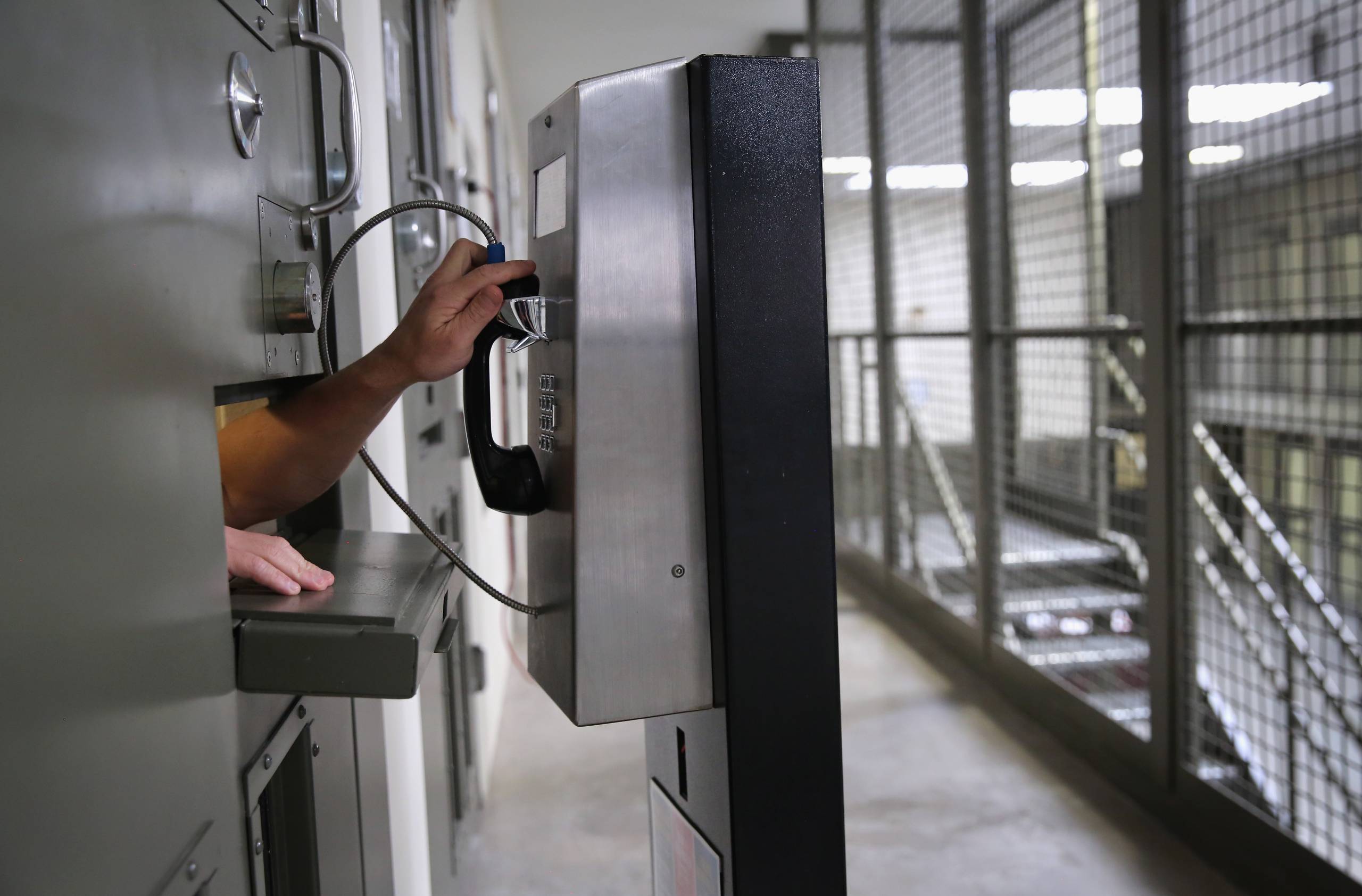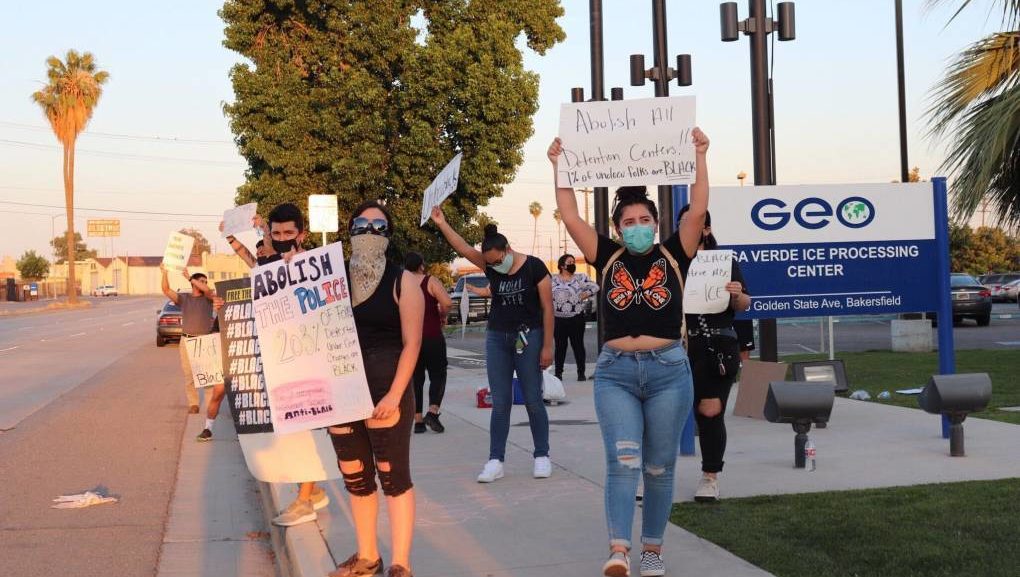[ad_1]
“A records review indicates your direct involvement in the misconduct incident,” wrote GEO staffers in a report addressing Mousa’s grievance. “Further, as you correctly asserted, ‘I’m known to stand up for my rights,’ you consistently have attempted to disrupt the orderly running of the facility, and it will not be tolerated.”
An ICE spokesperson said the agency will not disclose details of individual disciplinary actions, and would not comment on the claims by Mousa or the other detainees.
“ICE fully respects the rights of all people to voice their opinion without interference, including through peaceful assembly and protest,” the ICE spokesperson wrote in a statement, but declined to comment on why the agency considers a detainee inciting or engaging in a demonstration a high offense.
Isolation ‘only when necessary,’ but evidence suggests otherwise
According to ICE, placing a detainee in segregation is a “serious step” that should follow the agency’s guidelines, and be used only when necessary after careful consideration of alternatives.
A detainee may be isolated from others for disciplinary reasons or a wide range of “administrative” ones, including medical issues, a detainee’s own safety and the orderly operation of the facility.
Disciplinary segregation is restricted to no more than 30 days. Yet, the agency’s guidelines fail to spell out any limits for the administrative kind, which leads to abuses, according to immigrant advocates.
ICE did not immediately respond to KQED’s requests for the number of detainees currently held in solitary confinement. Between 2013 and 2019, the agency recorded nearly 13,800 segregation placements nationwide that lasted longer than 14 consecutive days or involved vulnerable detainees, such as those with mental illness, identifying as gay or on a hunger strike.
The agency’s watchdog found the figure could be higher, because ICE ignores the full extent of segregation use at its more than 200 detention centers around the country. Facilities owned or operated by for-profit companies such as GEO hold most immigrant detainees in the U.S.
The lack of comprehensive isolation data hinders the agency’s “ability to ensure compliance with policy, and prevent and detect potential misuse of segregation,” according to a report by the Department of Homeland Security Office of Inspector General published last fall.
For example, inspectors found no evidence that detention centers considered any alternatives to isolating detainees in 72% of the incidents they studied. During an unannounced inspection of a privately run detention center in Calexico, east of San Diego, the OIG discovered two detainees isolated for more than 300 days.

Caitlin Patler, assistant sociology professor at UC Davis, said she worries there is no better oversight by the federal government.
“It’s highly likely that individuals’ rights are being violated by being placed into these extremely punitive settings,” said Patler, who has analyzed thousands of ICE solitary confinement incidents and found them more likely to occur at privately run facilities.
ICE officials concurred with the OIG’s recommended changes to improve the agency’s supervision of segregation, including requiring facilities to track all cases — regardless of how long they are or any detainee-identified vulnerabilities.
The agency had committed to implementing the recommendations by August 31 before requesting an extension. The new due date is now October 31, according to an OIG spokesperson.
ICE declined to comment on why the extension was needed. But Stephen Roncone, the agency’s chief financial officer, acknowledged that the size of ICE’s network of facilities may present reporting challenges while the agency tries to ensure compliance with the rules.
“The goal of ICE detention standards is to ensure that detainees are treated humanely … and receive the rights and protections they are entitled to,” Roncone wrote in the agency’s response to the OIG report.
State bill would limit use of solitary confinement
This comes as the California Senate considers AB 2632, also known as the California Mandela Act in reference to the United Nations rules that prohibit indefinite or prolonged solitary confinement beyond 15 days.
[ad_2]
Source link
